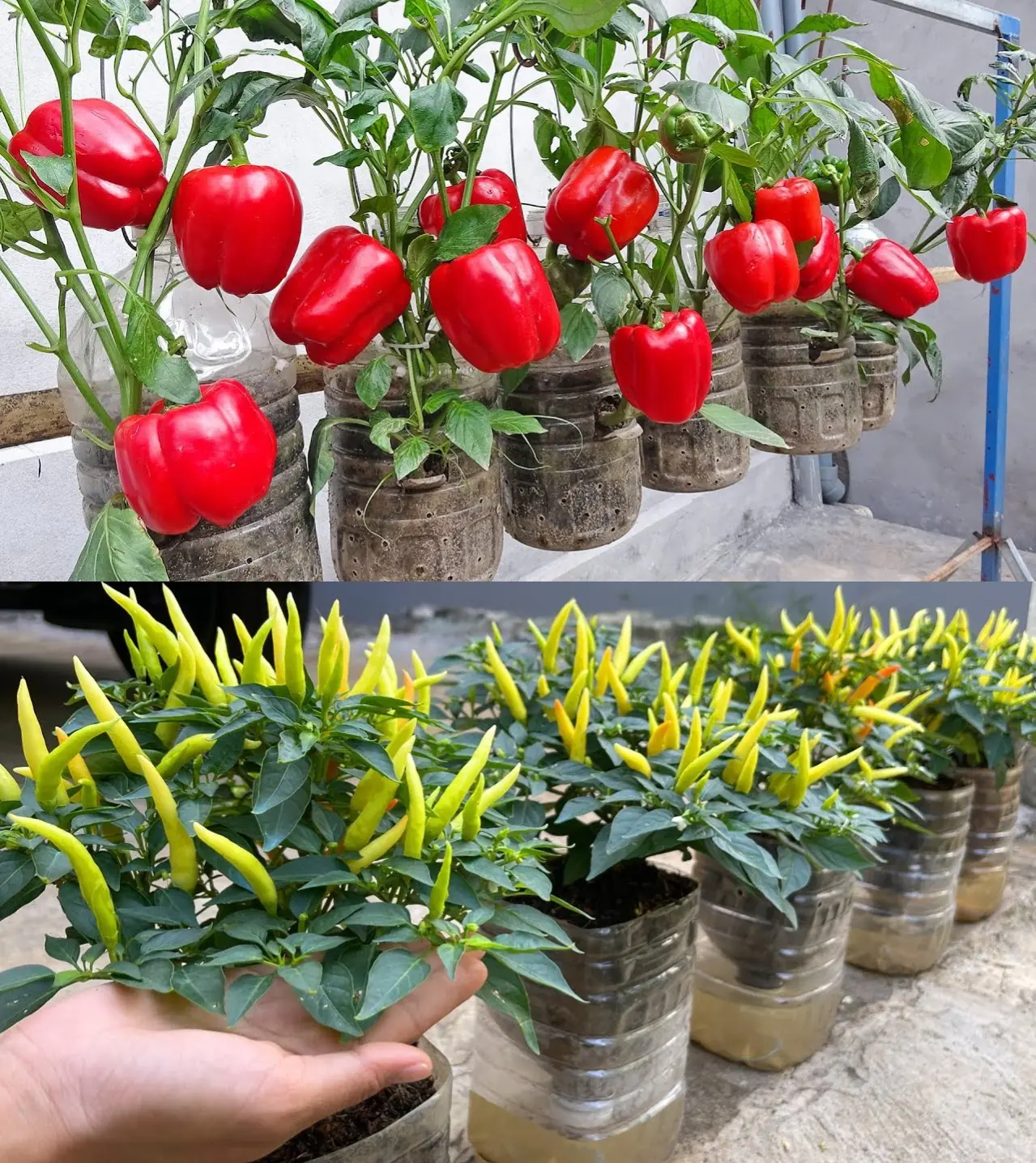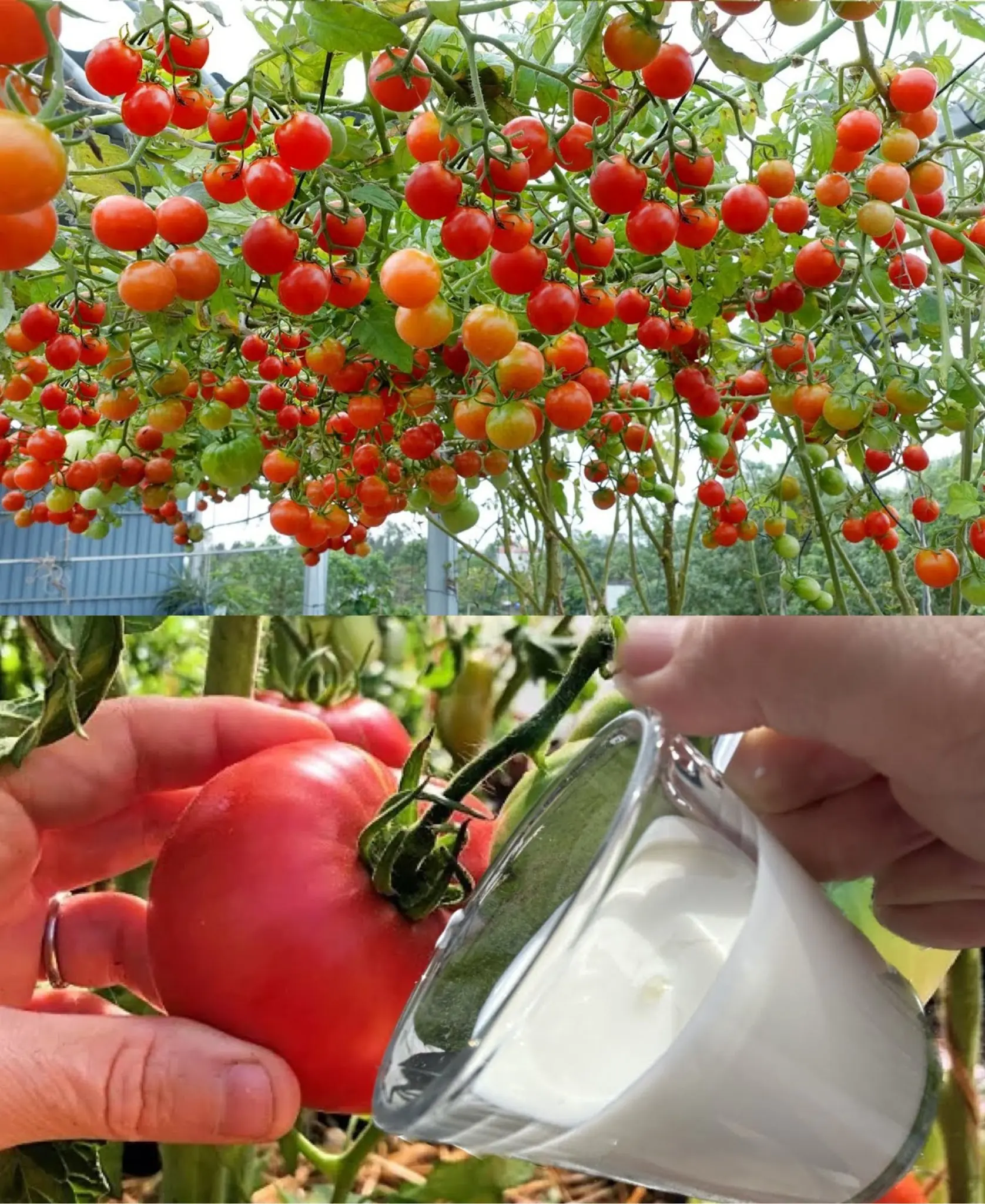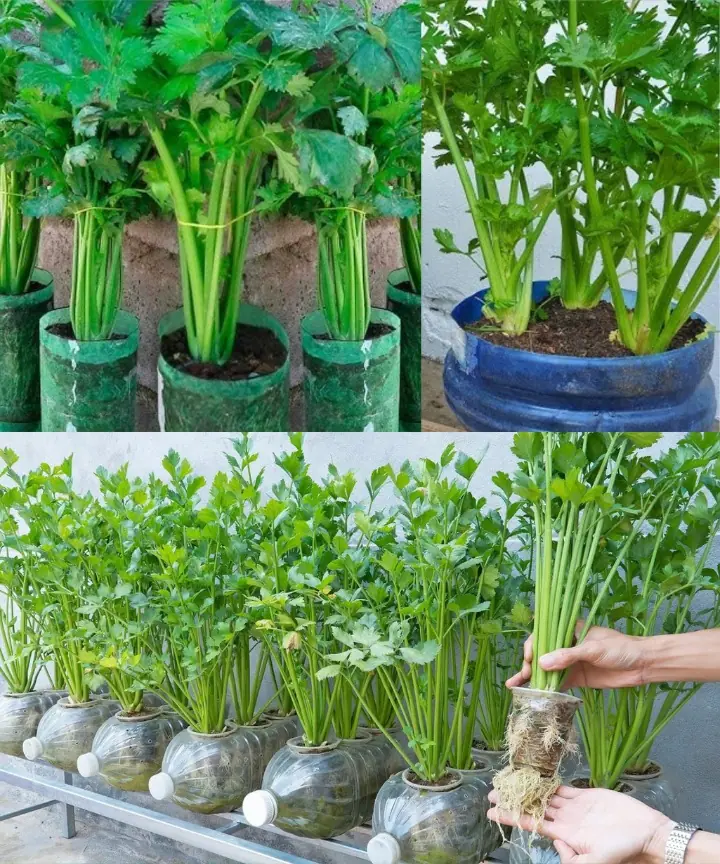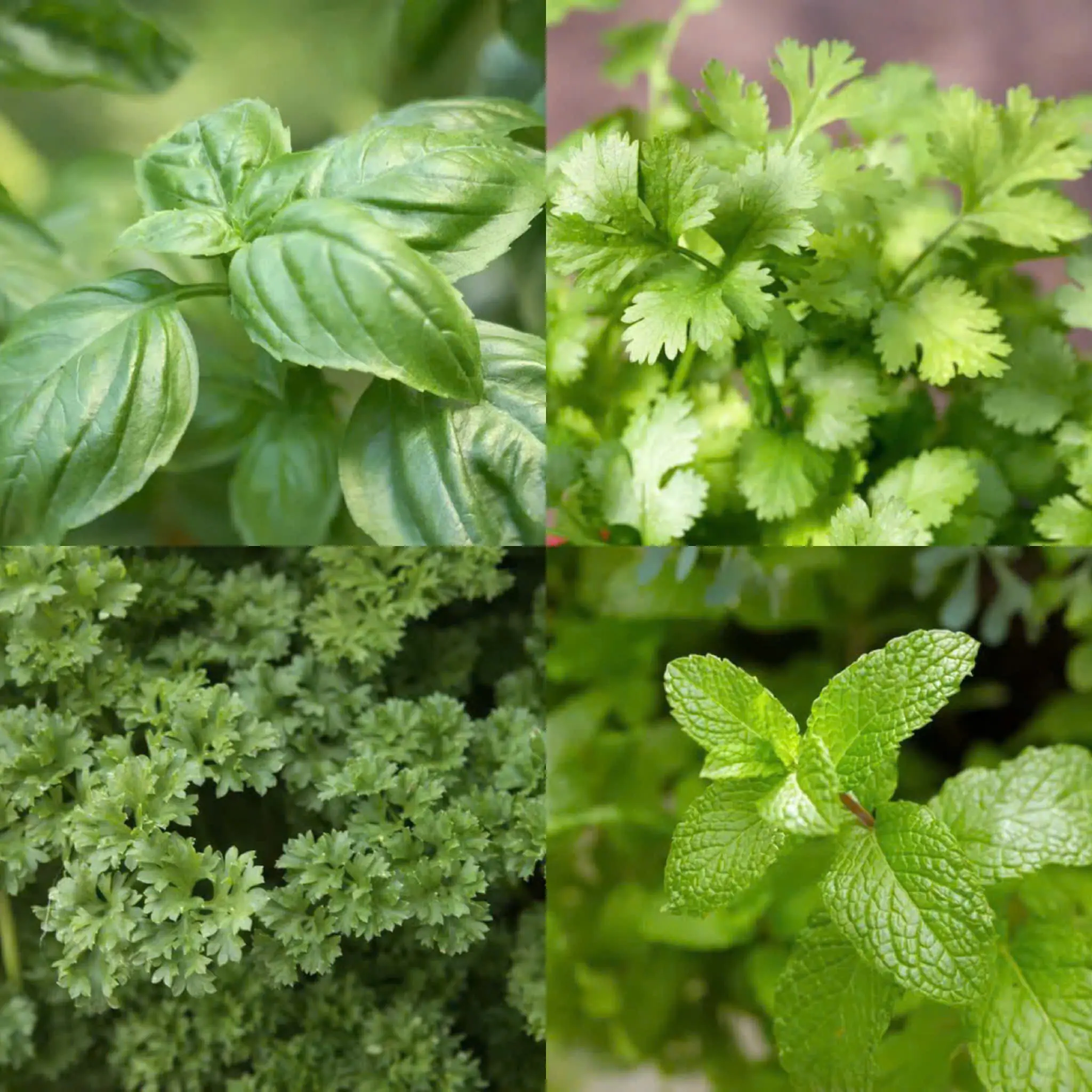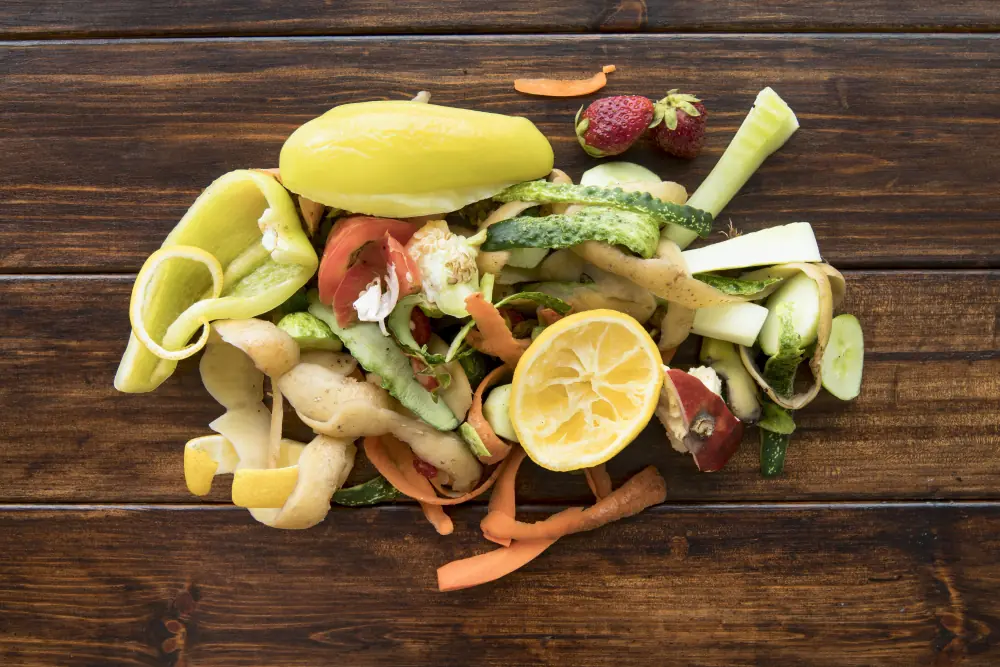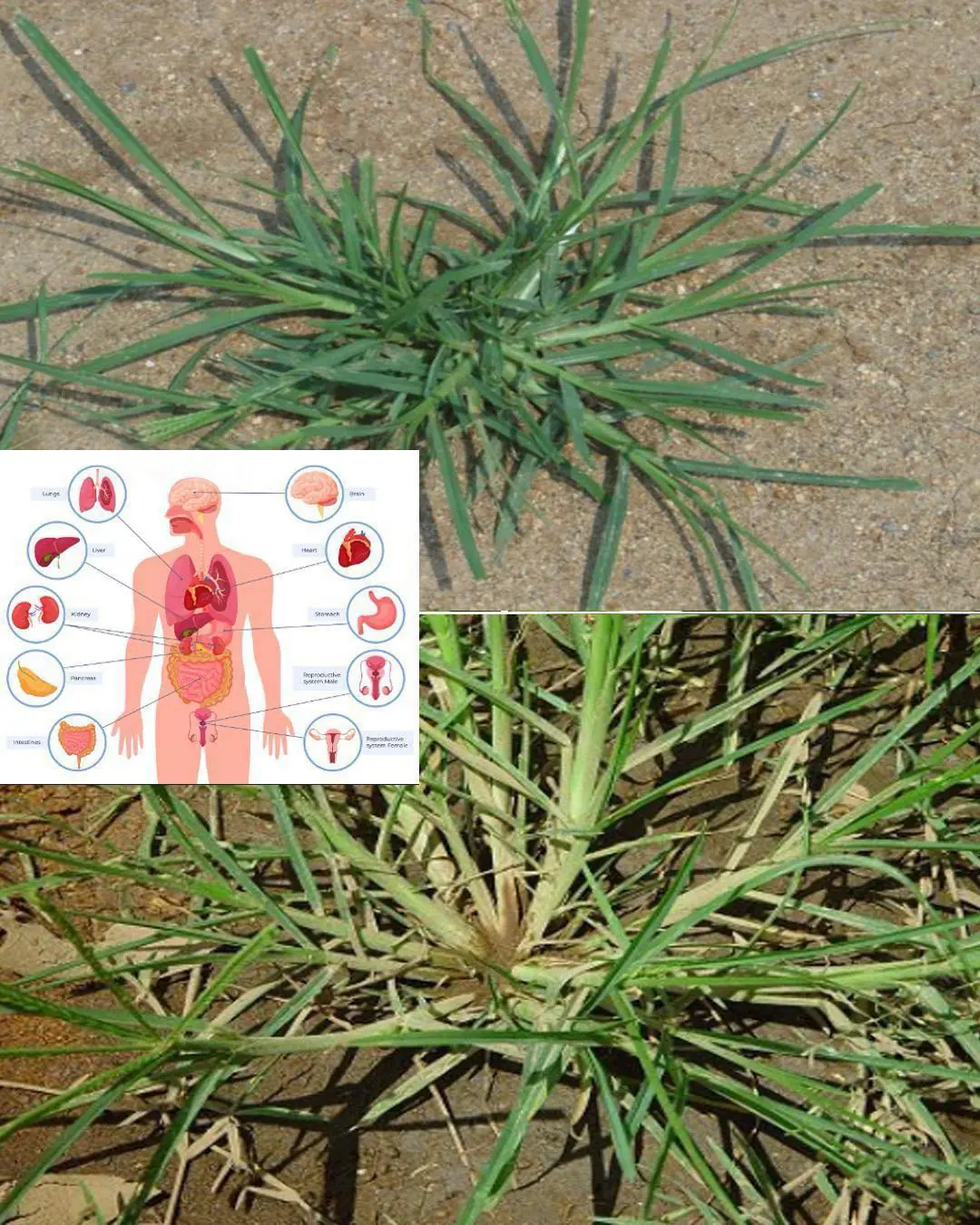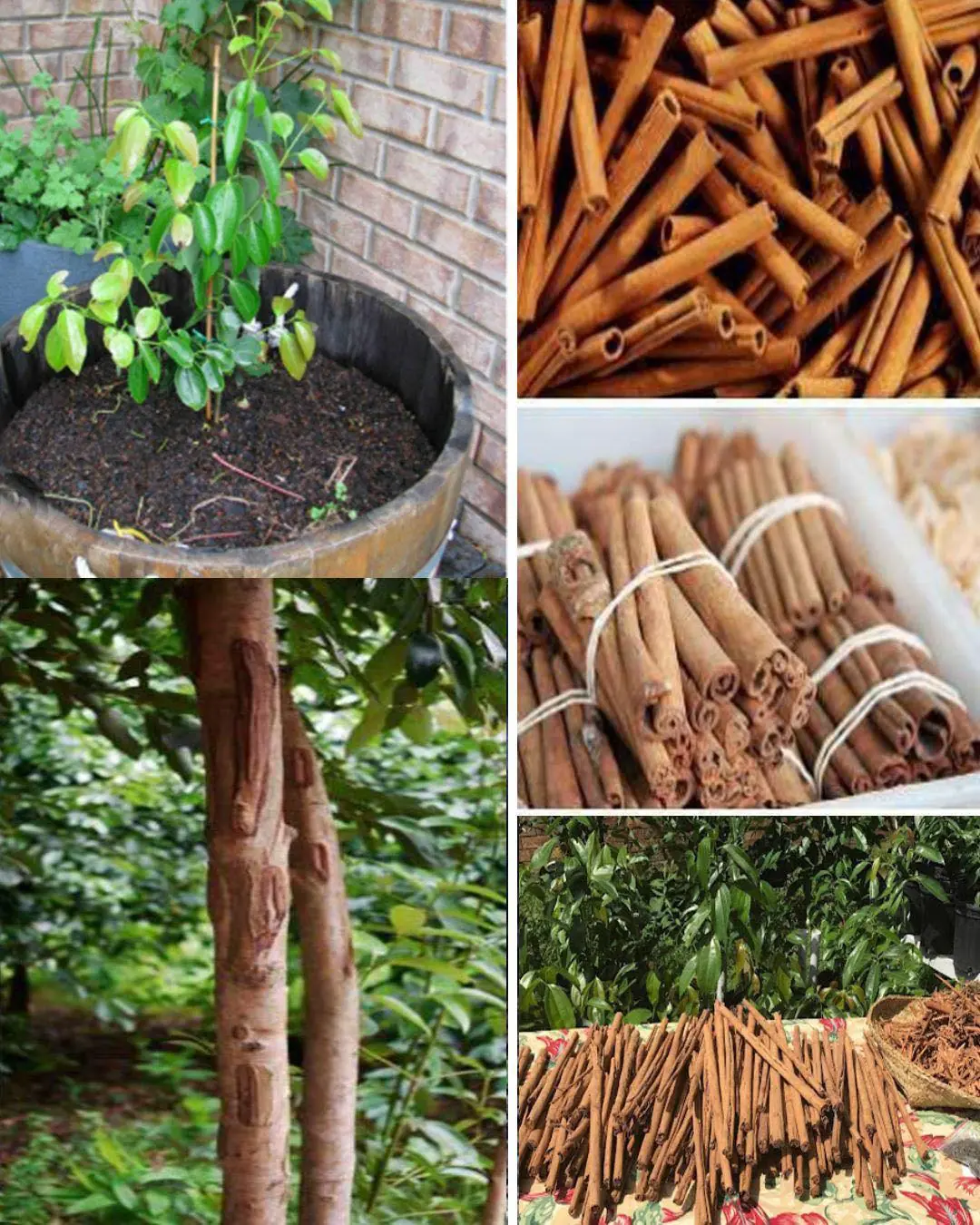
Lemons, when properly nurtured, can yield an abundant and lush fruit harvest that even outshines nursery-grown trees. If you're cultivating a lemon tree, mastering the art of fertilization is key to unlocking robust growth and juicy fruits. Follow these practical steps and tips to ensure your lemon tree thrives from spring until autumn.
Fertilizing Your Lemon Tree
1. Timing is Everything
- Spring to Summer (April to September):
Use fertilizers rich in calcium, magnesium, and potassium during these warmer months. These nutrients are essential for strong, vigorous growth.
- Annual Routine:
Establish a regular fertilization schedule throughout the growing season to keep your lemon tree healthy and productive.
2. Winter Care
- Reduced Dosage:
In colder months, focus on smaller doses of phosphorus, potassium, and ammonium nitrate.
- Frost Protection:
If temperatures drop below -5ºC, make sure to shield your lemon tree from frost to prevent damage.
3. Cost-Effective Solutions
- Homemade Organic Fertilizers:
Achieve impressive results without breaking the bank. Use plant scraps, ruminant manure, or mulch to create your own nutrient-rich compost.
- Additional Enhancements:
Incorporate coffee grounds or earthworm humus into your soil for added organic richness and improved nutrient availability.
4. Specialized Nutrients
- Target Deficiencies:
If your lemon tree shows signs of nutrient deficiency, use targeted solutions. For example, bury a zinc-rich aluminum can or apply iron chelates to bolster the tree's health.
Additional Tips for Optimal Growth
- Start in Spring:
Begin your fertilization routine in spring and continue until autumn to ensure sustained growth and fruit production.
- Wait for the Right Time:
Newly planted trees should not be fertilized until after their second flowering, allowing them time to establish strong roots in quality soil.
- Soil Matters:
Ensure your lemon tree is planted in well-drained soil to prevent waterlogging, which can be detrimental to its health.
With these insights, you’ll be well-equipped to foster a thriving lemon tree that produces an abundant, lush crop of delicious lemons throughout the growing season. Your tree will not only yield more fruit but also surpass the quality of those from the nursery. Enjoy the rewards of your dedicated care and watch your garden transform into a fruitful haven!
Happy gardening and may your lemon tree flourish!



